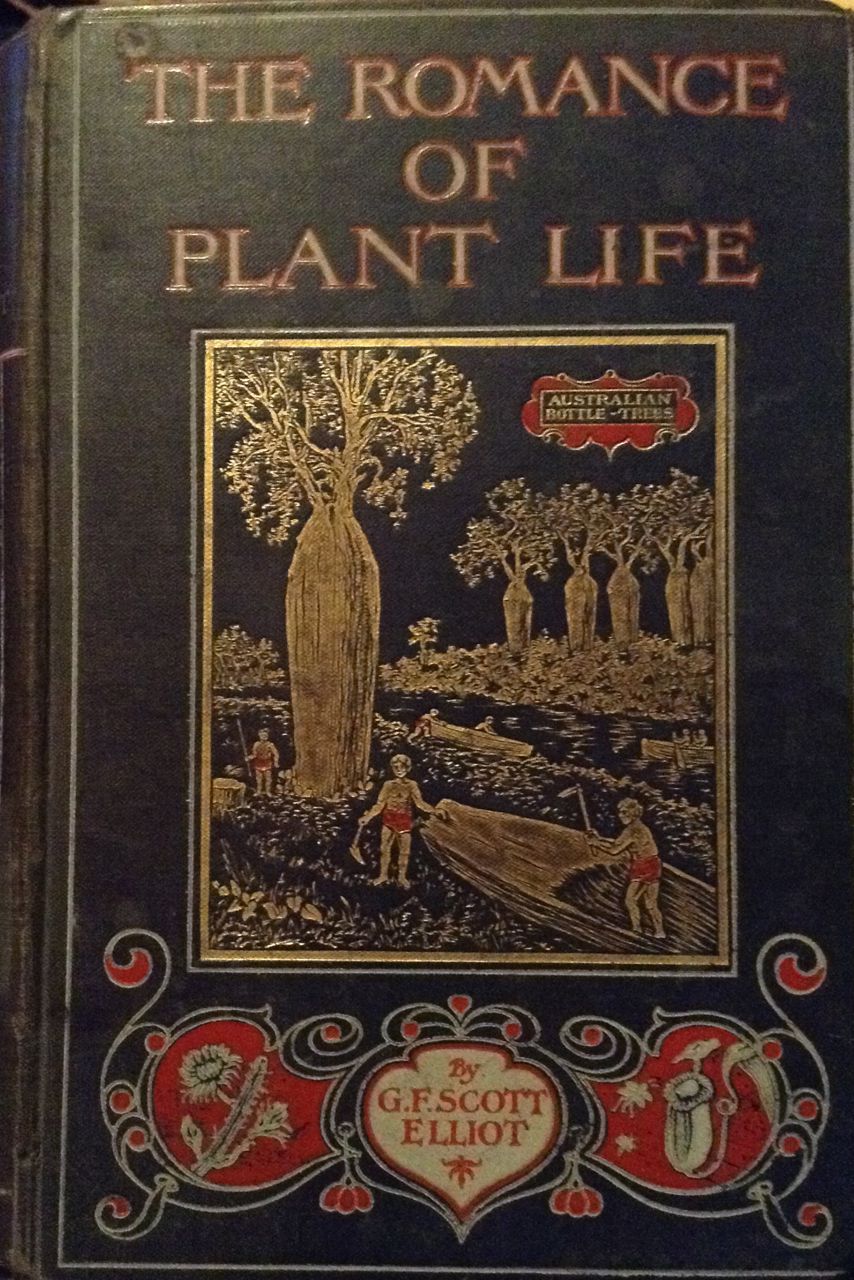' . . . they stuck carefully to the narrow paths that wandered through the carpet of moss from one granite outcropping to another and down to the sand beach. Only farmers and summer guests walk on the moss. What they don't know - and it cannot be repeared too often - is that moss is terribly frail. Step on it once and it rises the next time it rains. The second time, it doesn't rise back up. And the third time you step on moss it dies. Elder ducks are the same way - the third time you fighten them up from their nexts, they never come back. Sometime in July the moss would adorn itself with a kind of long, light grass. Tiny clusters of flowers would open at exactly the same height above the ground and sway together in the wind, like inland meadows, and the while island would be covered with a veil dipped in heat, hardly visible and gone in a week. Nothing could give a stronger impression of untouched wilderness.'
Tove Jannson, The Summer Book
Natasha Myers A Krya For Cultivating your Inner Plant.
'The 120-meter tall pine tree in the courtyard of the Casa Reisser y Curioni, which dominates all the horizons of this intense city that is defending itself against the aggression of ugly concrete--not of the good concrete—that pine tree came to be my best friend.'
Read further
José María Arguedas, The Fox from Up Above and the Fox from Down Below, El zorro de arriba y el zorro de abajo, trans. Frances Horning Barraclough (Pittsburgh: University of Pittsburgh Press, 2000) 184-5



